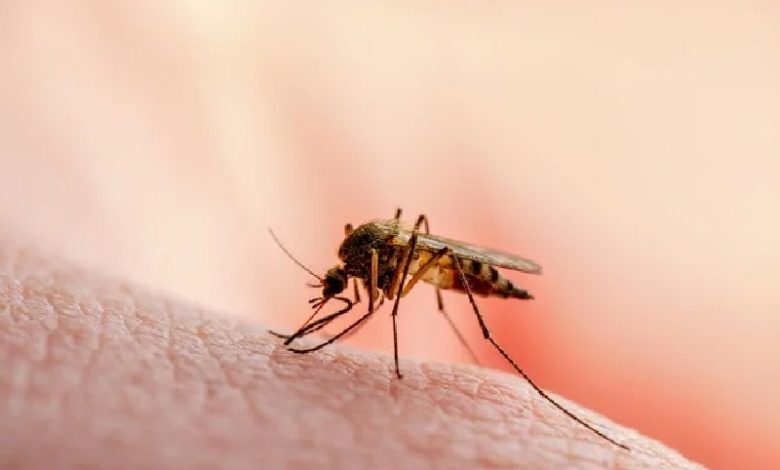Innovation, Resource Mobilisation, Collaboration Key To A Malaria-Free Future

As nations gather at the COP28 climate change conference in Dubai, the UN World Health Organisation has released its 2023 World Malaria Report, raising concern over more people getting sick with the disease despite expanding access to malaria prevention.
The health agency documented 249 million cases in 2022, a significant increase from figures recorded in the past few years. That’s primarily due to COVID-induced public health disruptions, drug and insecticide resistance, humanitarian crises and climate crisis impacts.
Climate Change And A Multitude Of Other Threats
“Sustainable and resilient malaria responses are needed now more than ever,” said Tedros Adhanom Ghebreyesus, WHO Director-General. He underscored the changing climate poses a notable risk to the already-made progress against the disease.
The report delved into the link between climate change and malaria, noting the role of rising temperature, humidity and rainfall in increased survival rates of the Anopheles mosquito. In fact, the catastrophic 2022 flooding in Pakistan triggered a five-fold increase in malaria cases.
Extreme climate-driven disasters can directly impact transmission and the disease burden. Significant increases in malaria cases have also been reported in Ethiopia, Uganda, Nigeria and Papua New Guinea. Nonetheless, the agency has called for greater attention to other threats.
Although climate change poses a major risk, people must also learn to cope with a multitude of other challenges, such as limited healthcare access, conflicts, lingering effects of COVID on service delivery, inadequate funding and uneven implementation of malaria interventions.
Substantial Reduction In Severe Malaria Observed
The report highlighted grounds for optimism, citing achievements such as the phased roll-out of RTS,S/AS01, the first malaria vaccine recommended by the agency. In addition, a second vaccine, R21/Matrix-M, has been approved recently.
Read More: El Niño Unveiled: Decoding its Impact and Climate Change Nexus
Furthermore, a meticulous and rigorous evaluation has highlighted a notable reduction in severe malaria and a 13% decline in early childhood demises from all causes in the areas where the vaccine has been administered compared with areas where it has not, WHO noted.



